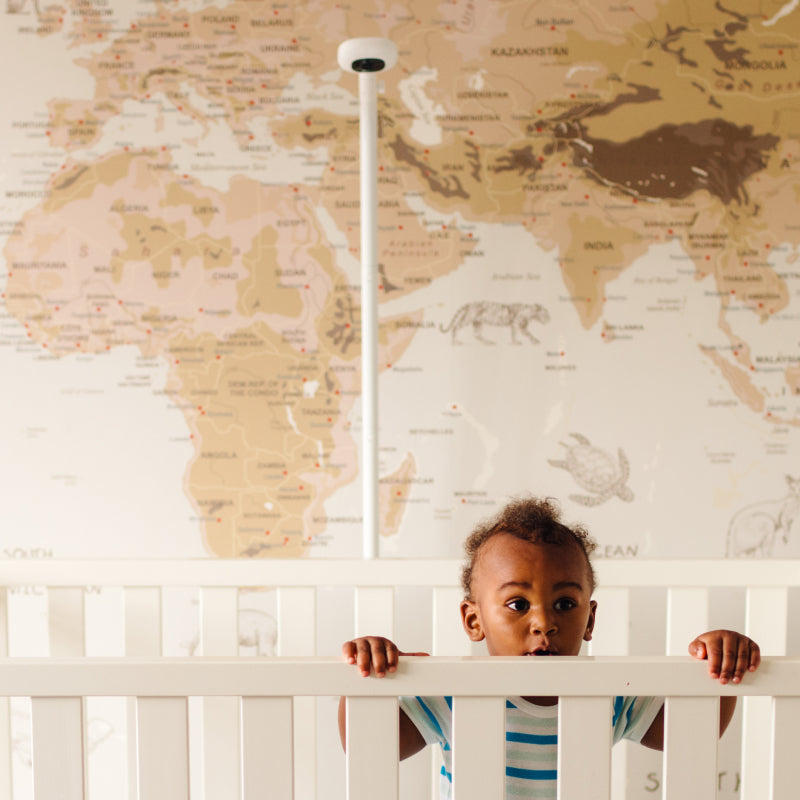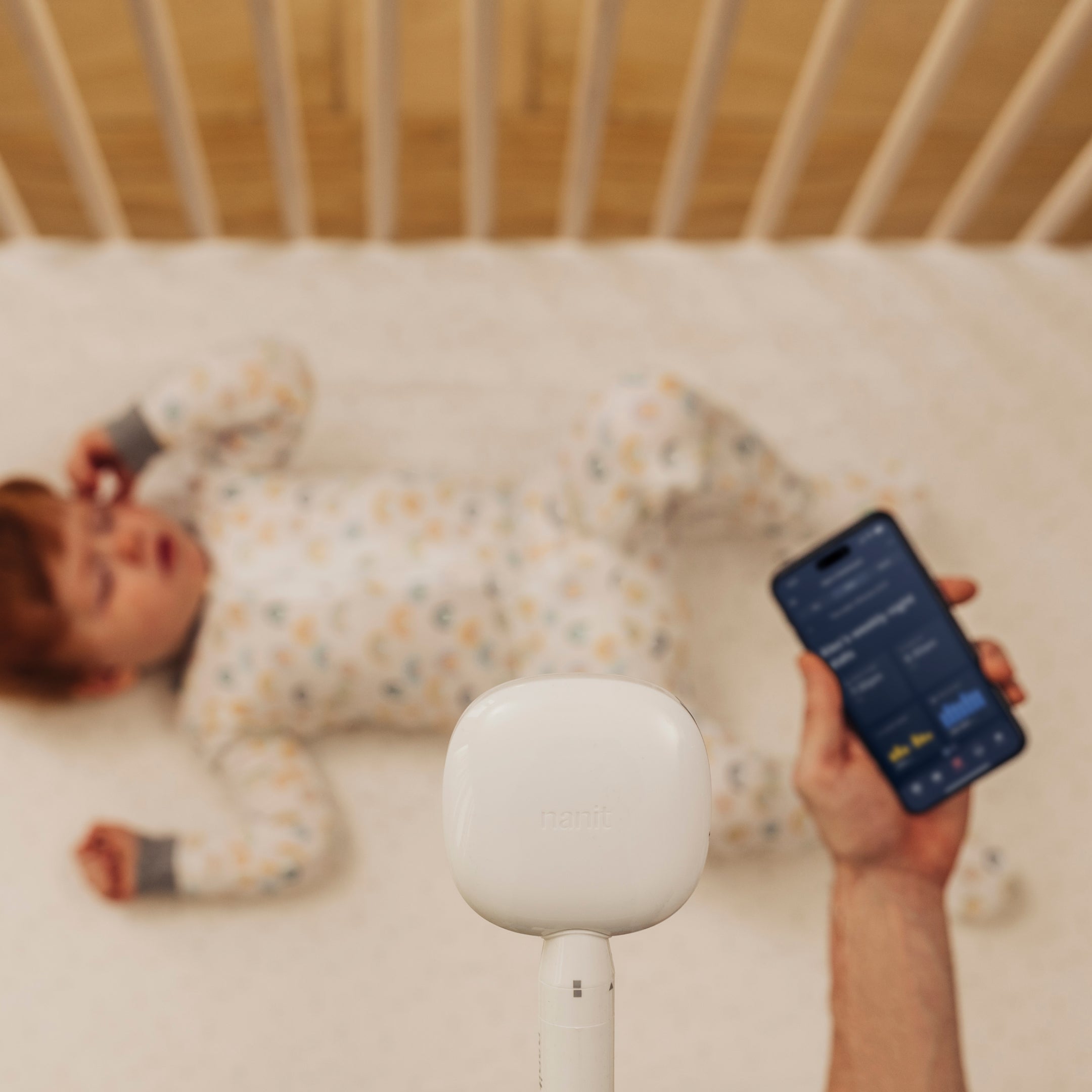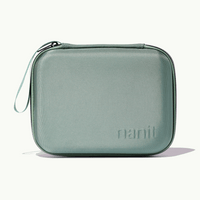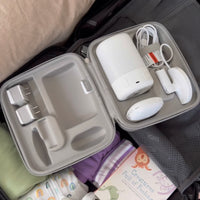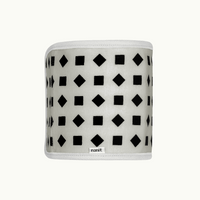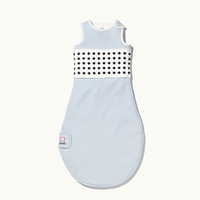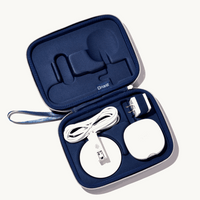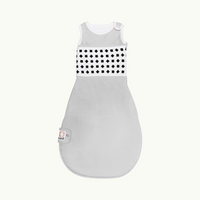Get a FREE custom sleep and feeding schedule
Our pediatric sleep experts at Nanit Lab deliver a personalized schedule based on your baby’s age, feeding method, current rest patterns, and more. Plus, you’ll receive tips on upcoming milestones and features to help you with each new stage!
13 Month Old Nap Schedule
At this age, your baby is probably taking two naps a day fairly consistently. All babies progress at their own rate, depending on their unique preferences and growing bodies, so if your baby is starting to resist one of these naps due to sleep regression, hang in there! Around 13 months, they’ll probably be napping for 2-4 hours during the day, but you may be starting to notice a shift in their napping patterns. If your baby is fighting one or both of their naps, it may be time to shorten each nap slightly and push back the start time of each nap by 15-30 minutes.
13 Month Old Feed Schedule
Babies vary in their food preferences, with some liking anything and everything while others exhibit some pickiness with textures and taste. Regardless of what category of eater your baby is in, you should still be helping them attempt 3 meals a day.
Regardless of how much solid food your baby is consuming, it’s still important for them to be receiving 3-4 breast milk, or formula, meals each day. You can introduce cow’s milk at this time, but breastfeeding alone is also fine. Now that your baby is able to take in ample nutrients throughout the day, nighttime feedings should be long gone.
Babies this age are nearly always able to make it through a night without a feeding. Feeding at night should be over; what you’re baby needs is a good night’s sleep.
13 Month Old Wake Window
As your child approaches the 13 month mark, understanding their wake window and navigating the nap transition becomes key to laying a solid sleep foundation. Typically, kids at this age can stay alert and engaged for 3-4 hours between naps. This awake time is vital for their cognitive and physical development, making it essential to observe their sleepiness signs closely. Adapting their sleep routine to these cues ensures they receive the restorative sleep necessary for growth. As you consider moving your child to a toddler bed from a crib, maintaining a consistent sleep routine will support a smooth transition, reinforcing healthy sleep habits and contributing to their well-being.
How Long Should A 13 Month Old Sleep?
Very little changes between 12 and 13 months for most babies. In all likelihood, your baby will be sleeping the same amount of time as they were a month ago. Expect 11-12 hours each night and 1-3 hours of naps during the day.
To help your baby make sense of the world, and receive the proper amount of sleep, it’s important to incorporate dependable transitions, bedtime routines, and consistency into their days. As their gross motor skills, social awareness, and language awareness begin to increase, their mental and physical development will lead them in the direction of more sleepy time.
Milestones, such as learning to crawl or stand, can be exciting for everyone in the family. Unfortunately, they can lead to sleep disruptions. Again, consistency in your baby’s routine and environment will be the key to helping your baby to manage these disruptions. Just be careful to keep your helpful guidance from turning into a game where you baby stands up just to get you to rush over and to sit them back down. Teaching your baby to sit down on their own and letting them practice during the day is going to help them through any milestone related sleep disruptions.
13 Month Old Schedule
|
Wake and Milk Feed 6:30 AM |
Prepare for a bigger feed, especially since your baby probably wasn't fed overnight. |
|
Breakfast 7:30 AM |
Your baby will love this solid breakfast so don't be afraid to get a little creative with different flavors. If you need some inspiration, start with foods like avocado on toast fingers, toast fingers with butter, oatmeal, scrambled eggs, roasted cherry tomatoes, or whole wheat pancakes cooked with blueberries (a great source of antioxidants!). |
|
Nap time 8:30 AM - 9:30 AM |
This morning nap varies from day to day. Your baby may be ready closer to 30 or 45 minutes after this time. That's totally fine — but you may have to wake them if they don't wake up on their own at the end of this hour. |
|
Milk Feed 10:30 AM |
It might be time to start cutting back on this feed if your baby is not as hungry for milk and feeling more comfortable with solid foods. |
|
Lunch 12:00 PM |
Your little one's growing more and more independent, which means they should be fairly comfortable with a variety of solid foods, flavors, and textures. They're likely feeding themself more and more. Hooray! |
|
Nap time 12:30 - 2:30 PM |
If your baby had a slightly longer nap in the morning, they may be resistant to this second nap. Once they fall asleep though, they'll nap for a while, which means you'll have some time to yourself! |
|
Milk Feed 2:30 PM |
Your little one will be ready for some milk once they're awake from their nap! |
|
Dinner 5:00 PM |
Solid foods should be a regular part of your baby's daily meals at this point, and dinner is no different! Encourage them to continue tasting and getting familiar with delicious new flavors and textures while they get more comfortable with self-feeding. |
|
Bath 5:45 PM |
Splish-splash! It's time for a bath! |
|
Bottle and Book 6:15 PM |
If your baby is less hungry for milk before bed, it's probably because they're still full from their solid dinner! Try reading a story or singing a lullaby to help them fall asleep and encourage a consistent bedtime routine. |
|
Bedtime 6:30 PM |
Time for bed. Sweet Dreams! |





